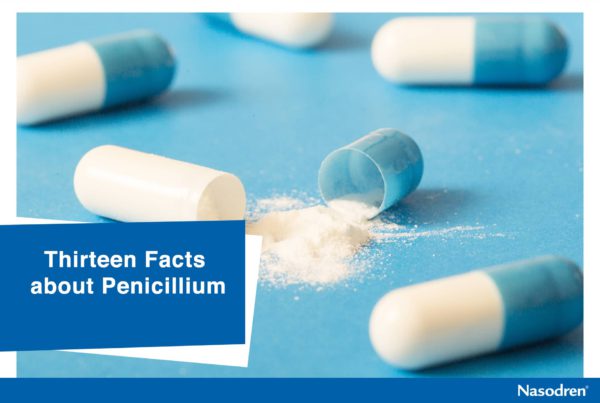Numerous causes produce a sensation of facial or craniofacial pressure.
Although this pressure is frequently a cause for concern and affects the quality of life, especially when it is chronic or frequently repeated, in most cases, the cause is not serious.
The intensity of the pain and its location is the first clue that helps the doctor guide the diagnosis.
What are the most common causes of cranial pressure?
1.- Sinusitis
Facial pressure and nasal congestion and discharge, and loss or loss of smell are characteristic symptoms of sinusitis, a prevalent disease as it is directly related to the common cold.
Sinusitis is the inflammation of the lining of the sinuses. This inflammation prevents the normal (physiological) function of the sinuses and causes the accumulation of thick mucus inside them, which causes the symptoms described.
The location of the pain helps to know which sinuses are most affected; For example, if it hurts above the eyebrows, think of frontal sinusitis, while if the pressure is more intense in the upper jaw, it is indicative of maxillary sinusitis.
2.- Stress and migraine
A widespread condition in our times is negative stress, an overload generated by an excess of situations that overwhelm our capacity to cope.
In addition to other symptoms such as anxiety, depression, tachycardia, gastrointestinal disorders, etc., stress can cause tension headaches, the most common type of headache. This is a dull ache, with a tight feeling in the forehead, the sides of the head, and/or the back of the head.
Another condition that causes a sensation of pressure or severe pain is migraine. It is usually a stabbing pain, usually on one side of the head, and can be so severe that it is incapacitating. It is usually accompanied by nausea, vomiting, and sensitivity to light and sound.
3.- Hypertensive crisis
High blood pressure is known as “the silent killer” since it does not show symptoms until it has already caused damage, often irreparable.
Indeed, most people with high blood pressure abandon the treatment because they do not have any symptoms.
When a hypertensive crisis occurs, blood pressure rises rapidly and seriously with values of 180/120 or higher when facial pressure or intense pain is experienced. Other symptoms or signs such as nosebleeds may appear. If this pain persists and the pressure remains high, go to the emergency room.
4.- Rare serious diseases
Finally, a brief mention of a number of fortunately rare serious diseases or conditions that have facial pain or pressure as one of their symptoms, such as meningitis and encephalitis, inverted papilloma, which is a benign tumour of the nasal sinuses, and a brain aneurysm which is an abnormally dilated “weak” wall of a blood vessel that can rupture with increased blood pressure.
In conclusion, remember that if you have facial pressure accompanied by congestion and a runny nose it is very likely that you are suffering from sinusitis. The symptoms are due to the accumulation of mucus inside the sinuses, and therefore relief is achieved by draining that mucus.
That is precisely what Nasodren does.
Nasodren is a 100% natural nasal spray that acts both at the level of the nostril and the paranasal sinuses. Nasodren removes mucus relieving all symptoms of sinusitis from the first application.
Nasodren is indicated in children from 5 years of age. Please read the instructions for use carefully before applying the product








